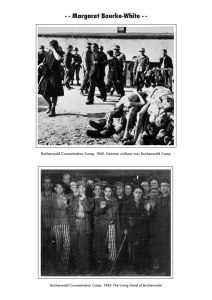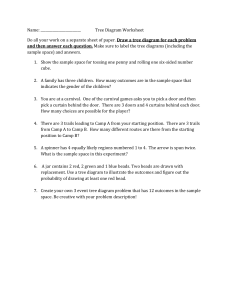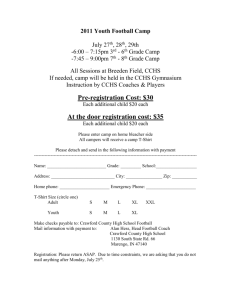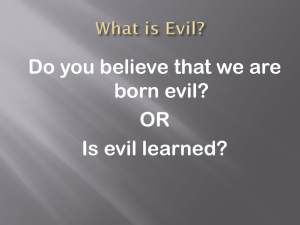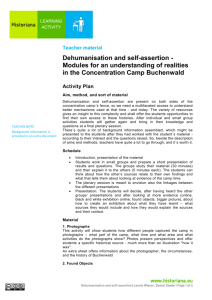Night Chapter 9
advertisement
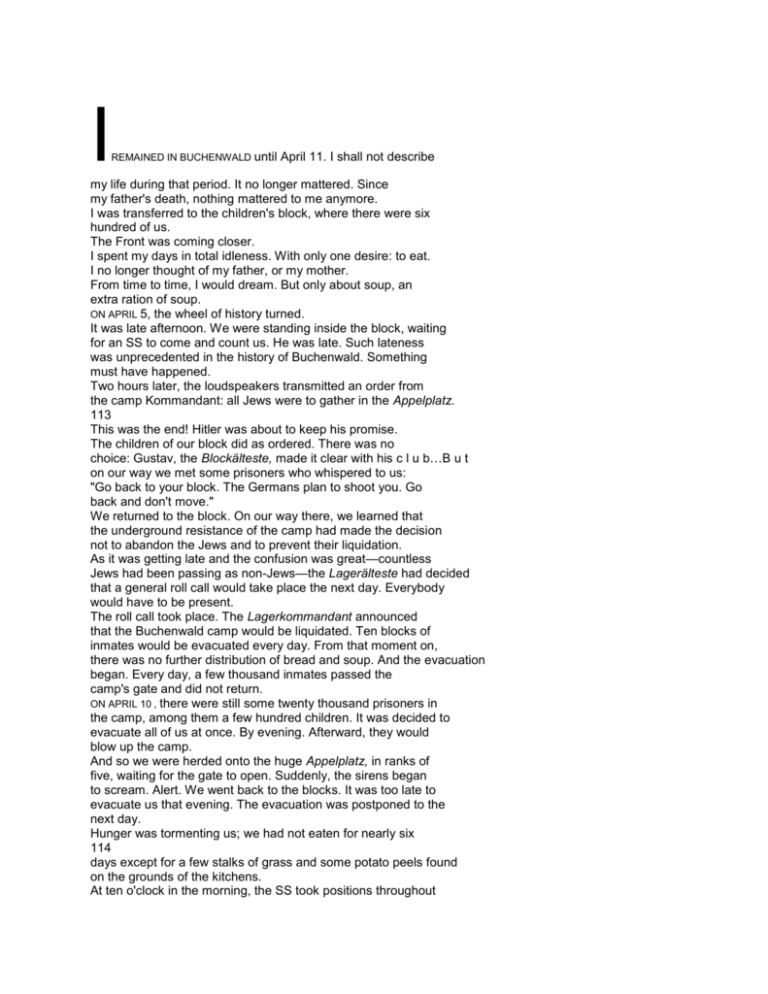
I REMAINED IN BUCHENWALD until April 11. I shall not describe my life during that period. It no longer mattered. Since my father's death, nothing mattered to me anymore. I was transferred to the children's block, where there were six hundred of us. The Front was coming closer. I spent my days in total idleness. With only one desire: to eat. I no longer thought of my father, or my mother. From time to time, I would dream. But only about soup, an extra ration of soup. ON APRIL 5, the wheel of history turned. It was late afternoon. We were standing inside the block, waiting for an SS to come and count us. He was late. Such lateness was unprecedented in the history of Buchenwald. Something must have happened. Two hours later, the loudspeakers transmitted an order from the camp Kommandant: all Jews were to gather in the Appelplatz. 113 This was the end! Hitler was about to keep his promise. The children of our block did as ordered. There was no choice: Gustav, the Blockälteste, made it clear with his c l u b…B u t on our way we met some prisoners who whispered to us: "Go back to your block. The Germans plan to shoot you. Go back and don't move." We returned to the block. On our way there, we learned that the underground resistance of the camp had made the decision not to abandon the Jews and to prevent their liquidation. As it was getting late and the confusion was great—countless Jews had been passing as non-Jews—the Lagerälteste had decided that a general roll call would take place the next day. Everybody would have to be present. The roll call took place. The Lagerkommandant announced that the Buchenwald camp would be liquidated. Ten blocks of inmates would be evacuated every day. From that moment on, there was no further distribution of bread and soup. And the evacuation began. Every day, a few thousand inmates passed the camp's gate and did not return. ON APRIL 10 , there were still some twenty thousand prisoners in the camp, among them a few hundred children. It was decided to evacuate all of us at once. By evening. Afterward, they would blow up the camp. And so we were herded onto the huge Appelplatz, in ranks of five, waiting for the gate to open. Suddenly, the sirens began to scream. Alert. We went back to the blocks. It was too late to evacuate us that evening. The evacuation was postponed to the next day. Hunger was tormenting us; we had not eaten for nearly six 114 days except for a few stalks of grass and some potato peels found on the grounds of the kitchens. At ten o'clock in the morning, the SS took positions throughout the camp and began to herd the last of us toward the Appelplatz. The resistance movement decided at that point to act. Armed men appeared from everywhere. Bursts of gunshots. Grenades exploding. We, the children, remained flat on the floor of the block. The battle did not last long. Around noon, everything was calm again. The SS had fled and the resistance had taken charge of the camp. At six o'clock that afternoon, the first American tank stood at the gates of Buchenwald. OUR FIRST ACT AS FREE MEN was to throw ourselves onto the provisions. That's all we thought about. No thought of revenge, or of parents. Only of bread. And even when we were no longer hungry, not one of us thought of revenge. The next day, a few of the young men ran into Weimar to bring back some potatoes and clothes—and to sleep with girls. But still no trace of revenge. Three days after the liberation of Buchenwald, I became very ill: some form of poisoning. I was transferred to a hospital and spent two weeks between life and death. One day when I was able to get up, I decided to look at myself in the mirror on the opposite wall. I had not seen myself since the ghetto. From the depths of the mirror, a corpse was contemplating me. The look in his eyes as he gazed at me has never left me.
